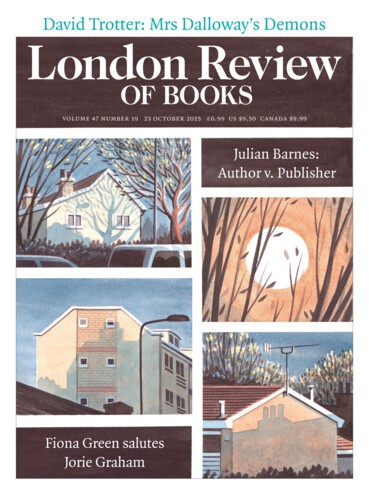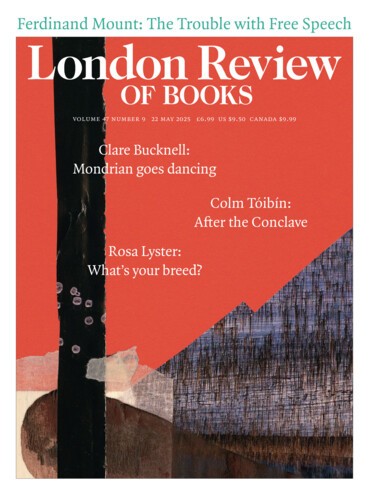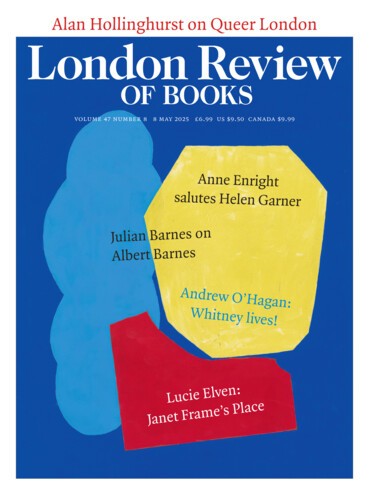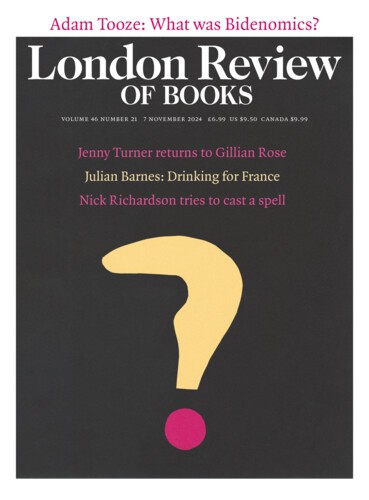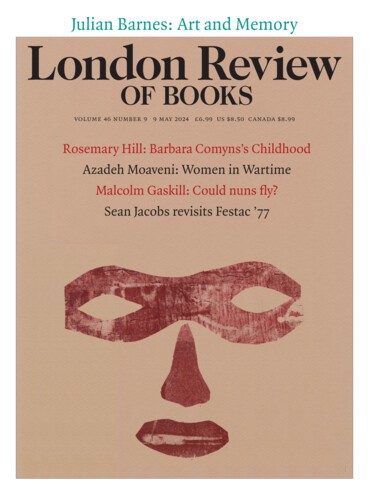Ouvriers de luxe: Author v. Publisher
Julian Barnes, 23 October 2025
Writers approach the publication of their first books with a variety of tactics, depending on temperament. In 1896 the dandiacal Max Beerbohm, with a tip of his straw boater, called his first book The Works of Max Beerbohm. He was 24 at the time, and his ‘works’ consisted of reprinted articles and reviews: 160 pages followed by a cod-serious bibliography put together by his...
